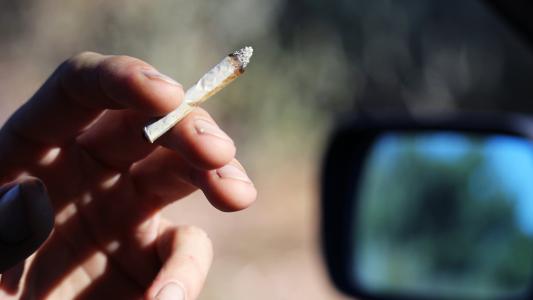A DIY COVID-19 vaccine, which can be cheaply and easily made using ingredients available on the internet and whipped up at home, could help low-income nations combat the coronavirus — and, according to its founders, it is moving toward scientific trials.
The challenge: The supply of COVID-19 vaccines is extremely limited, and the majority of doses are going to high-income nations that only account for 16% of the global population.
A recent Duke University study predicted that the world’s 92 poorest nations won’t have enough vaccines for even 60% of their populations until 2023 — meaning the pandemic could drag on for years.
Besides the human and economic costs, the more people who are infected worldwide, the greater the chance of new variants arising, which could potentially evolve to be more contagious, lethal, or better able to dodge the immune system.
A DIY COVID-19 vaccine: In March 2020, a group of citizen scientists formed the Rapid Deployment Vaccine Collaborative (RaDVaC).
Together, they developed a nasal spray vaccine they believed could protect against the coronavirus. It required just five ingredients — all of which could be delivered via mail — and was simple to mix up and self-administer.
In addition to taking the DIY COVID-19 vaccine themselves — Harvard geneticist George Church was among the volunteer guinea pigs — the scientists made the “recipe” for their peptide-based vaccine available online so that anyone could make and take it.
“We made it a priority from the very start that everything is free and open-source,” Preston Estep, a biologist and RaDVaC’s chief scientist, told Bloomberg.
What’s new: More than a year after forming, Estep’s group is now in talks with governments about conducting human challenge trials of the DIY COVID-19 vaccine.
For those trials, vaccinated and unvaccinated participants would be exposed to COVID-19 to test the vaccine’s efficacy as quickly and cheaply as possible.
The unknown: According to RadVaC, the DIY COVID-19 vaccine appears to be safe — no one who has tried it has reported any serious adverse effects. But because RaDVaC hasn’t conducted any clinical trials — not even in animals — we don’t know if it’s effective.
Based on their latest white paper, “many people” who sprayed the ninth version of the vaccine up their noses tested negative for coronavirus antibodies afterward, while many who injected the vaccine tested positive.
A lot of emerging economies have no options right now.
Preston Estep
What’s next: RaDVaC designed the 10th version of the DIY COVID-19 vaccine to be more effective when delivered as a nasal spray, which would make it easier to distribute than injections.
If the group is able to launch human challenge trials of the vaccine — and it does prove effective — it could be deployed in places where traditionally developed vaccines may not be available for years.
“A lot of emerging economies are last on the list for vaccine access,” Estep said. “They’re extremely concerned, they have no options right now.”
“The thing that these governments are starting to realize is that if they had control of production, they wouldn’t have to negotiate these contracts, they wouldn’t have to be last in line — they could just design it and make it.”
We’d love to hear from you! If you have a comment about this article or if you have a tip for a future Freethink story, please email us at [email protected].






